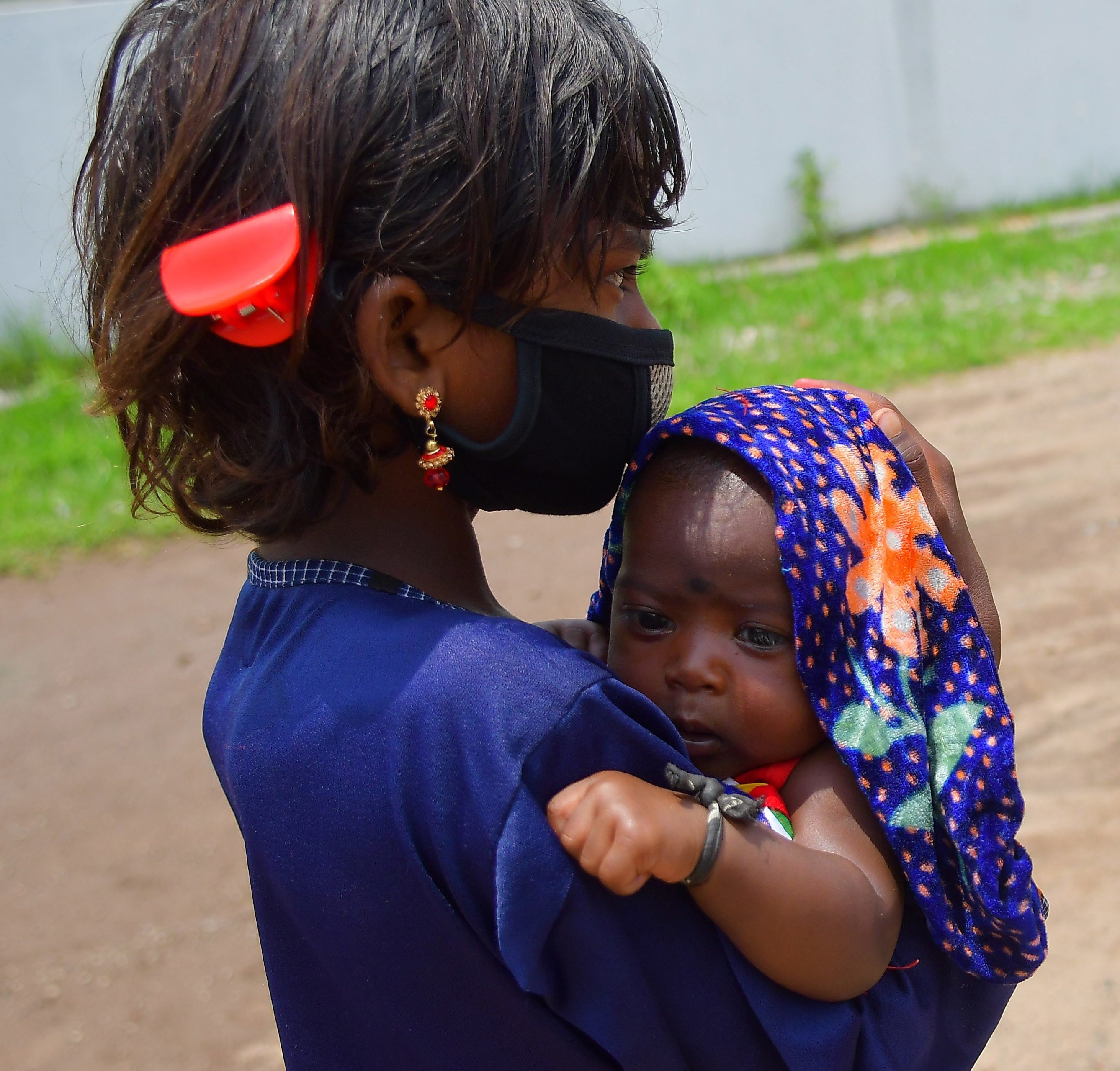People are strikingly adaptable, that’s how they survive. Even major changes will be absorbed, and normal life resumed as closely and as fast as possible. Worrying about what-ifs usually turns out to be a mistake, as events don’t follow an anticipated curve, and anyway, it’s not what you thought would be difficult which turns out to be the real problem. Change is something everyone is good at dealing with, even if they don’t like it. We spend a lot of energy fearing change, but it comes anyway, and we manage, in ways which we didn’t foresee. I decided, a few years back, not to worry about any of the life changes my husband was considering until they became reality; this was one of my better decisions.
When lockdown started, there were all sorts of predictions about how hard people would find it and how impossible it would be. Now, after a couple of months, some are expressing surprise at how compliant most of us have been, and how effectively we have all isolated ourselves. By now we have established new ways to do things, some working easily, some not, but we have managed, we have found ways to cope. Our main motivation has been naked fear, for ourselves and those who are dear to us, as the old Mass words used to say. Now however we are faced with the advent of change again, not back to the way things were, but to a "new normal", which we are still trying even to conceptualize.
We will of course adapt, and absorb the necessary changes (once we can work out what they are). But surprisingly we’re not all looking forward to them. We have worked out, with some difficulty, how to keep our households safe; now we have to work out how to increase our risk, but only up to an acceptable level, and this is a frightening thought. I’d like quite a lot more hard information on which to base any changes in lifestyle. I don’t just want reassurance and encouragement; I want facts. They are however in short supply and seem to depend on who you’re talking to. We have just celebrated the Ascension, and I was struck by how similar our situation is to that of the apostles, frightened and unsure after Jesus has turned their world upside down and then left. They have to go out and get on with their (new) lives; but he tells them not to go until after the mysterious Spirit arrives to strengthen them. This sounds like a good idea.
Managing change, easing up on control, learning to let go - whatever you call it, it is one of the hardest skills that parents have to learn, although the need of it starts from surprisingly early on. You don’t even have full control of your child’s safety in the womb; this is the bitter lesson of every miscarriage, and it is one you never forget. Once your baby has arrived safely, there are still threats everywhere. I remember coming back from hospital two days after Rachel was born, walking into the house and thinking, in absolute panic, ‘This is not a sterile environment like a hospital. How can I protect my precious baby?’. Of course it wasn’t a sterile environment (and neither was the hospital), and (most) babies don’t need a sterile environment anyway, they need real life. But I feel the same fear again now, when we are trying to loosen the lockdown. Risks we used to regard as entirely acceptable for ourselves, are now not acceptable to us for our children, because we feel the need to protect them. Until they are old enough to do it for themselves, and when that is, is something you all need to negotiate together (and parents learn to keep quiet about their own feelings, to avoid fruitless arguments). My mother (in her nineties) told her children (in their fifties and sixties) that she was finally ready to stop worrying about us all just a couple of days before she died.
With children, there are two main sorts of letting go. One is letting them go away from you, or do something alone, without your control. The other is leaving them and going away yourself. I find both painful, and always have done, but luckily my children are patient and tolerant, so I am shamed into letting them do things only a few years after ‘everyone else’ has been doing it. But it was really hard when they were small, and I think it is really hard now to allow them to judge their own risk as we move back towards a more open life. The ones who are not currently at home are having an easier time of it, possibly, because they can judge for themselves without maternal input; and I try not to worry about what they might be doing until I have to.
Years ago, I asked my mother when she thought her happiest time had been. She surprised me by saying that it was when all her children were still small enough to be at home, simply because she knew where they all were. Yes, it is exhausting dealing with small children full time; yes, it can be frustrating following their timetables and doing the things they need to do; yes, you don’t get much uninterrupted time to yourself; but you know where they are, you will hear if something goes wrong, and crucially, if it does, you can nearly always make it better.
Now that my own children are older, I understand exactly what she meant. Having so many of them back at home has been a joy, even in these peculiar circumstances. My husband insists that he always sleeps better when they are all home (but of course, we are currently two down, it isn’t just his "coronanxiety" keeping him awake). Yes, it can be exhausting dealing with the arguments; yes, it can be frustrating following their timetables and doing the things they need to do; yes, you don’t get much uninterrupted time to yourself (and none at all in the bathroom); but you know where they are, and you will hear if something goes wrong (you will indeed, the doorbell is still playing up, despite our efforts). But you can’t always make things better. Not being able to solve things for your children is one of the hardest things about their growing up.
Of course, we never know what is going to happen next in normal circumstances. We can make any plans we like, but whether they will come to pass is completely uncertain. No one can even predict what sort of event will mean that everything changes. Last December my family was looking forward to the new year because the current one had been difficult in several ways, including my mother’s death; but when we looked forward so desperately to 2020, we were not expecting it to be like this. Now we are all glad that she died when she did, surrounded by us all and supported by some wonderful help from the local hospice and Macmillan nurses. We had a great funeral, a celebration of her life with lots of friends, wonderful to remember now. We were lucky; but we didn’t realise how lucky at the time.
We know there will come a time when we look back on this period of lockdown from outside, when it’s part of the past, but we don’t know when it will be or how to get to that point. Our current situation is much closer to the average world’s citizen at the moment than usual, which is a salutary thought; so many people live with uncertainty and fear all their lives, and we have been lucky enough not to. So we should have the grace to wonder, "Why not me?" rather than "Why me?" But the practical questions remain.
One thing I hadn’t anticipated was that the children would reciprocate with similar feelings. A few days ago, their father and I were rebuked for going to bed later than usual, by two of the children (but separately, tactfully); and John went out on one of his exercise walks and brought me back some chocolate buttons. Quis custodiet ipsos custodes? In this house the carers are also the cared for, and there are some unexpected things we will find it hard to give up.
Kate Keefe was born in Staffordshire. She has lived and sung in England, Italy, the Czech Republic, Kenya, Georgia, Russia and the Balkans. She composes musical settings for mass and writes about the psalms. You can follow her on facebook and twitter.



 Loading ...
Loading ...
What do you think?
You can post as a subscriber user ...
User comments (1)
Congratulations to St Mary's on university status. What a great day for all Simmarians.
My own adult religious education mentor Fr Kevin Cronin CM, former principal and later Director of Westminster Diocesan Adult Religious Education Centre, would be so proud to see this day.
May Strawberry Hill contine to flourish as a major Catholic centre of learning, especially in the field of teacher education.